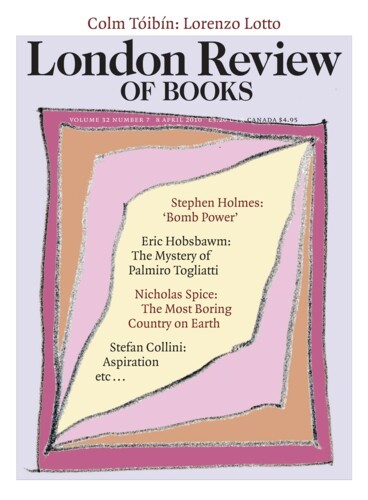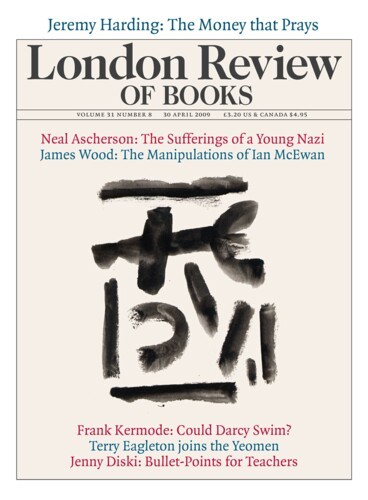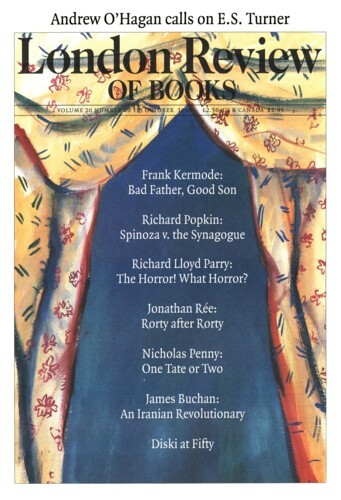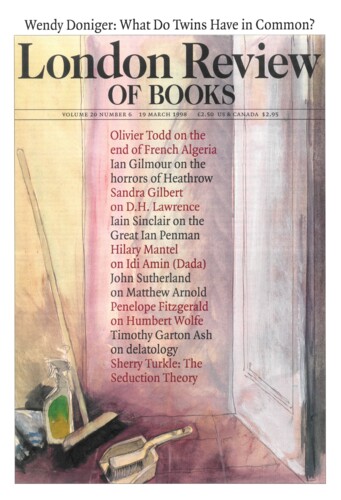‘Positively medieval,’ we say, implying a scheme of historical periods which underlies most of what we think and do. The Middle Ages, to 1485, were barbarous and, luckily for them, also an ‘age of faith’; then came the Renaissance with its humane values and realism, a recognisable ancestor to the modern world. The job of testing the assumptions behind this distinction is never-ending, and we must be grateful to scholars who have done it well. Two names spring at once to mind: those of Jacob Burckhardt, whose Civilisation of the Renaissance in Italy, written in 1860, is still required reading on its subject; and Johan Huizinga, who wrote in Burckhardt’s shadow about the same centuries (though not the same area), and in 1919 achieved the same with The Autumn of the Middle Ages.‘
‘Positively medieval,’ we say, implying a scheme of historical periods which underlies most of what we think and do. The Middle Ages, to 1485, were barbarous and, luckily for them,...




